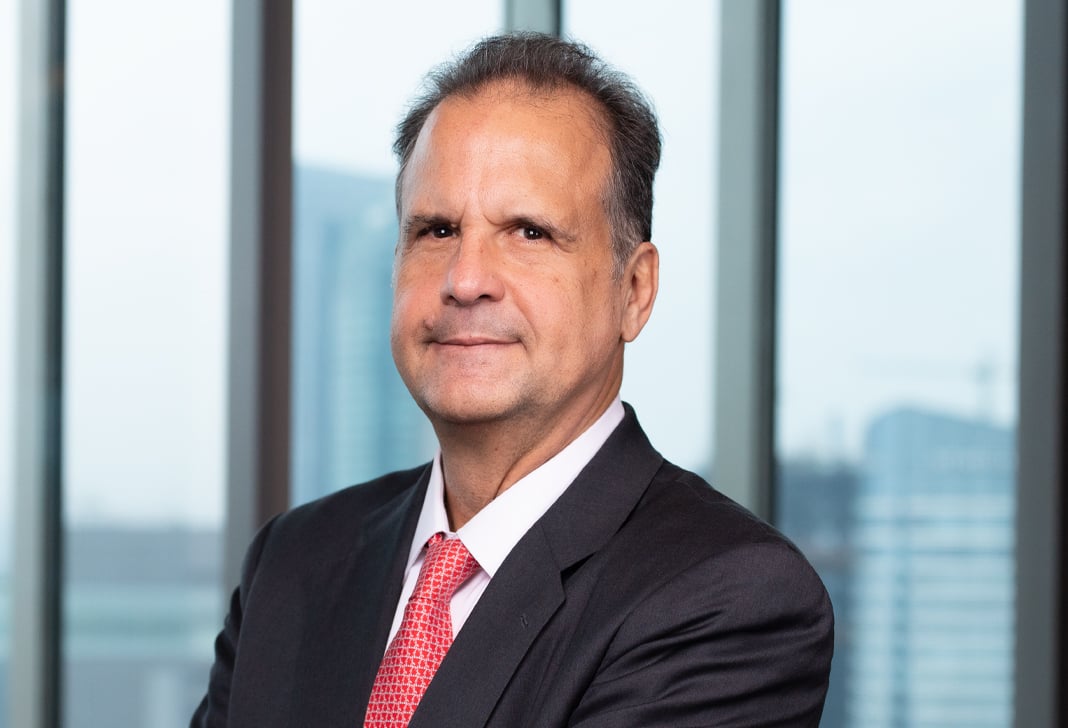
Mexican Congress Approves Bill to Open Mexico's Electricity Industry to Private Investors
On December 16, the Mexican Congress and the majority of the states' legislatures approved a bill reforming the energy legal framework (the "Energy Bill"), which became effective on December 21 after publication in the Mexican Official Gazette. The Energy Bill represents one of the major changes in the sector and is a huge step forward toward the expansion and modernization of the industry and the creation of important investment opportunities.
The Energy Bill modifies Articles 25, 27, and 28 of the Mexican Constitution for the purpose of allowing private participation in Mexico's electricity industry. Although the constitutional amendments do not actually privatize the Federal Electricity Commission ("CFE"), the bill primarily allows private participation in the generation and commercialization of electric power.
The Energy Bill sets forth four main points: (i) reduction of electricity costs; (ii) organization of a national electrical system based on technical and economic principles; (iii) promotion of the electric energy sector based on joint participation by CFE and the private sector in the generation and sale of electric power to the public, and (iv) strengthening of the state regulatory authority with respect to development of the electric energy sector and the imposition of interconnection obligations, tariffs, universal service, and electrification on its participants. The proposal establishes that:
- Private party participation in the generation and commercialization of electric power for the public will be allowed. Currently, the private sector generates electric power only under self-consumption structures, and CFE is the only company engaged in the generation and sale of electric power for the public. With the proposed changes, this restriction is eliminated and private entities will be allowed to generate and distribute electric power to the public.
- The Mexican government will maintain the exclusivity of the national electric transmission system, ensuring access for all electric power producers.
Although the proposal suggests amendments only to Articles 25, 27, and 28 of the Mexican Constitution, these amendments represent a fundamental shift in the approach to the development and use of Mexico's abundant natural resources.
The amendments, while fundamental, are only the first step in the process, since the Mexican Congress will have to reflect such constitutional changes through the secondary laws, which shall be approved in a period not exceeding 120 days after the constitutional modifications are in force.
The secondary laws will establish the formalities and terms CFE will need to apply in order to convert into a productive governmental company, in accordance with those terms and formalities.
The Energy Regulatory Commission ("Comisión Reguladora de Energía") will be entitled to grant permits, authorizations, and concessions for the generation and distribution of electric energy generated by private parties. In addition, it will be granted constitutional autonomy and will have 120 days to appoint its commissioners, which would be elected by a proposal of three candidates proposed by the President and considered by the Senate.
During the 12 months after approval of the secondary laws, the President will be required to incorporate the National Center of Energy Control ("Centro Nacional de Control de Energía" or "Cenace") as a decentralized entity, since it currently is an entity under CFE structure overseeing the electricity dispatch in Mexico. This center will be tasked with the management of the national electric grid, operating the wholesale electricity market to provide open and nondiscriminatory access to the national transmission grid and public distribution.
Lawyer Contacts
For further information, please contact your principal Firm representative or the lawyer listed below. General email messages may be sent using our "Contact Us" form, which can be found at www.jonesday.com.
Alberto De La Parra
Mexico City
+52.55.3000.4087
adelaparra@jonesday.com
R. Scott Cohen
Dallas / Houston
+1.214.969.5060 / +1.832.239.3799
scohen@jonesday.com
José Estandia
Mexico City
+52.55.3000.4081
jestandia@jonesday.com
Gerald P. Farano
Washington
+1.202.879.4691
gfarano@jonesday.com
Scott Schwind
Houston
+1.832.239.3710
sschwind@jonesday.com
Francisco Pams, an associate in the Mexico City Office, assisted in the preparation of this Commentary.
Jones Day publications should not be construed as legal advice on any specific facts or circumstances. The contents are intended for general information purposes only and may not be quoted or referred to in any other publication or proceeding without the prior written consent of the Firm, to be given or withheld at our discretion. To request reprint permission for any of our publications, please use our "Contact Us" form, which can be found on our website at www.jonesday.com. The mailing of this publication is not intended to create, and receipt of it does not constitute, an attorney-client relationship. The views set forth herein are the personal views of the authors and do not necessarily reflect those of the Firm.


